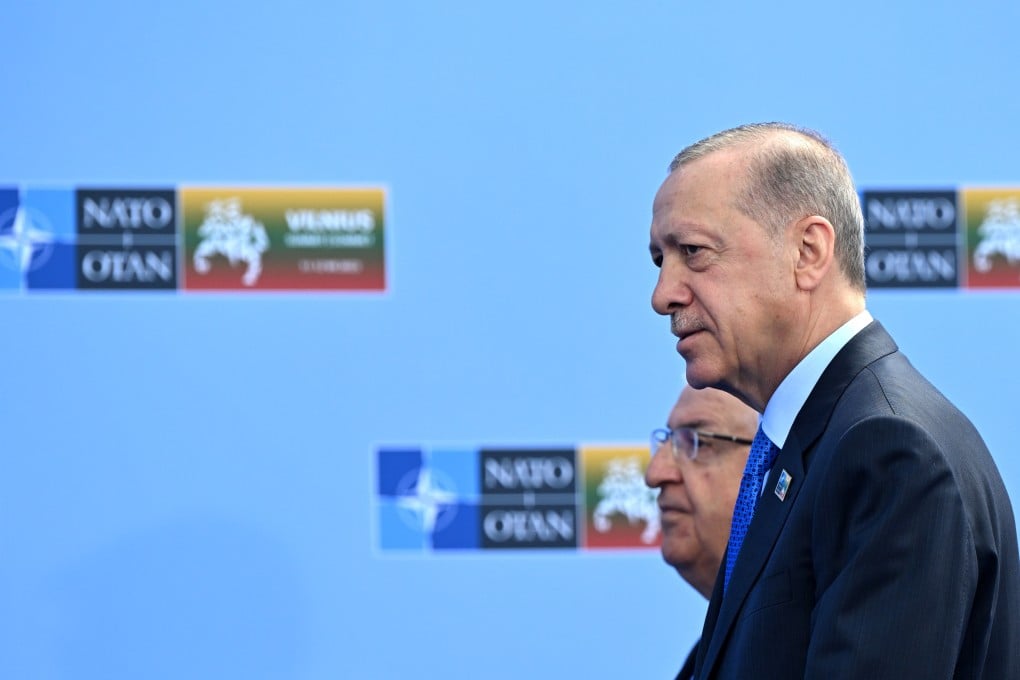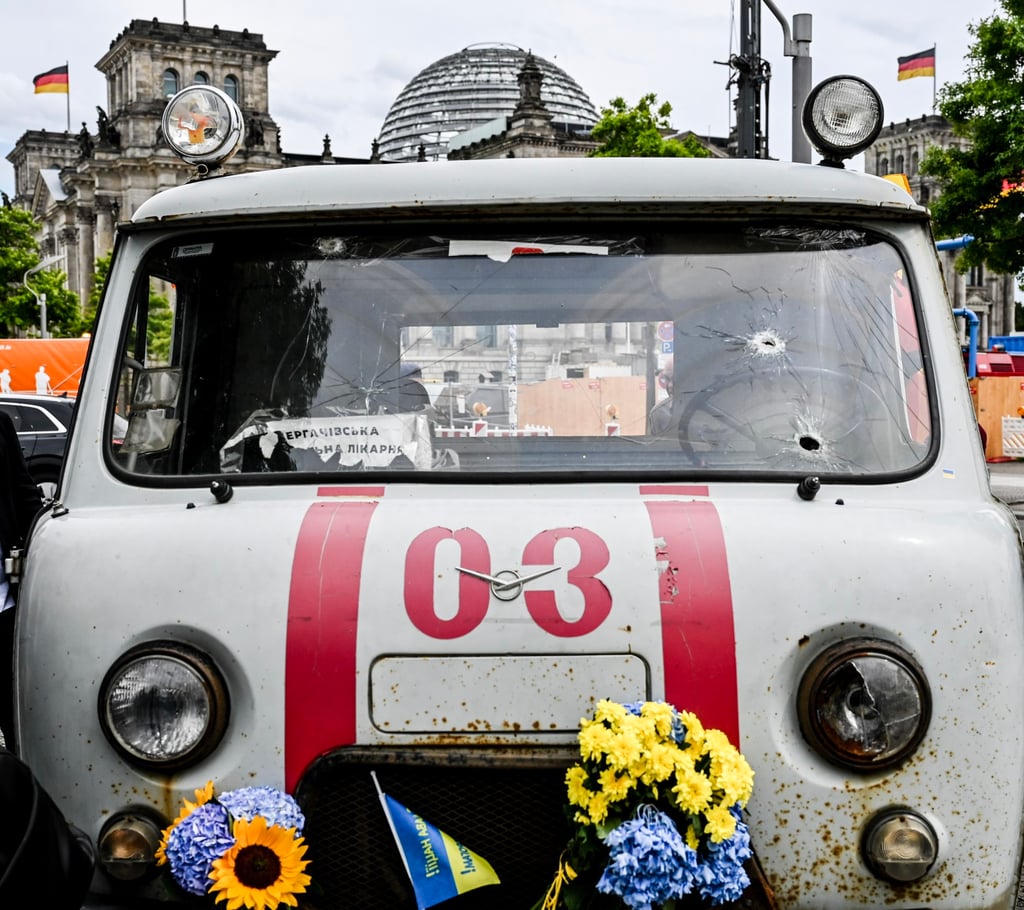Opinion | Ukraine war: fading support and internal divisions must push Nato to negotiating table
- Nato must realise Ukraine is not in a position where it can liberate its entire territory and successfully join the alliance at the end of the war
- Commitments of support to Kyiv must also come with an acknowledgement of Russia’s security interests

Despite frequent diplomatic discussions, Nato has yet to take a nuanced approach to resolving one of the most significant conflicts in Europe since World War II. While the meetings signal member states recognise the need for a solution, persistent deadlocks indicate a need for more progress.
The matter of Ukraine’s security should now be considered within a post-war framework on what EU-Russian relations should be like, which is vital, as public support for the war outside Ukraine is increasingly in question.
Fewer than half of US respondents – 48 per cent – to an Associated Press poll in February said they supported providing weapons to Ukraine, down from 60 per cent in May 2022, while 29 per cent were opposed. Polling in Europe last December showed 50 per cent support for providing Ukraine with arms, down from 56 per cent that March, with support dipping to 48 per cent in Germany and 36 per cent in Italy.


